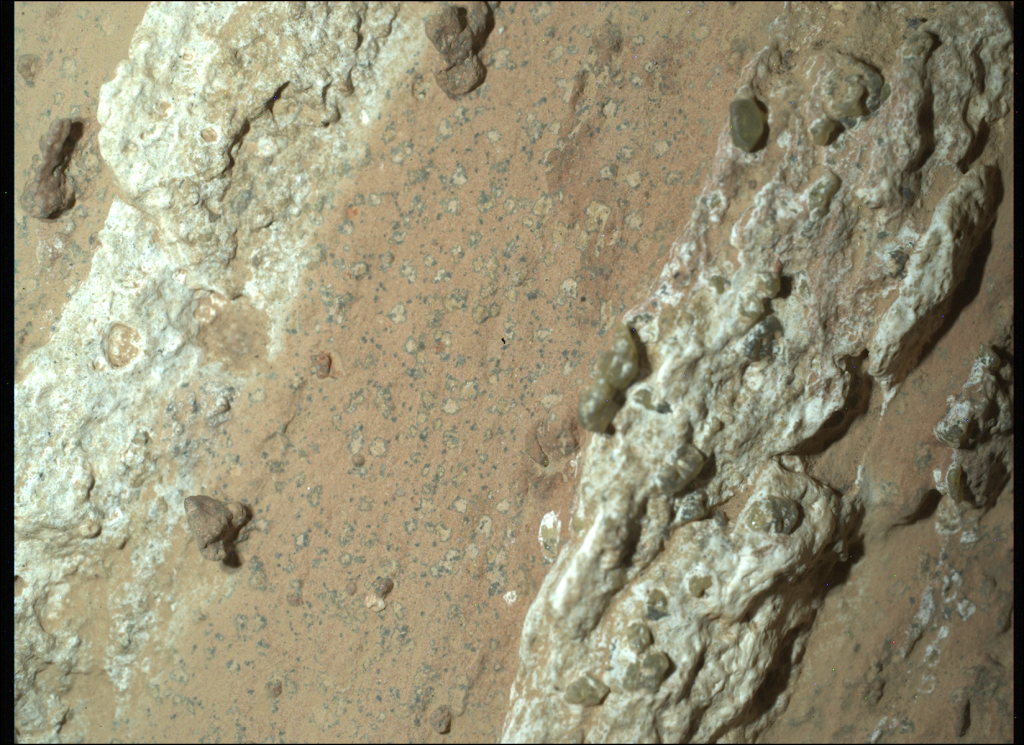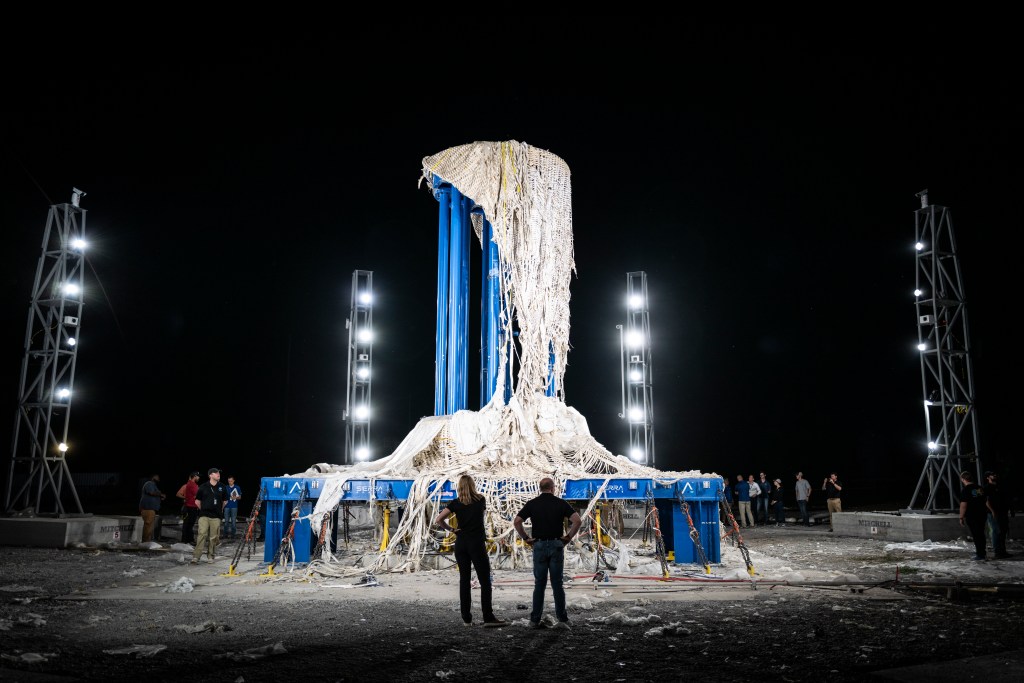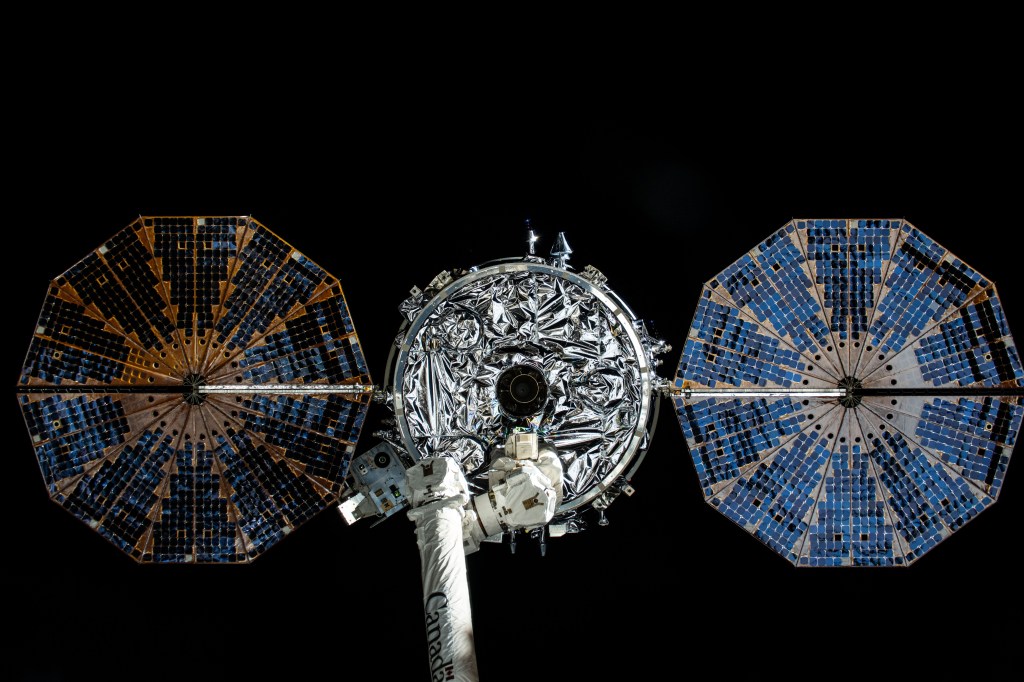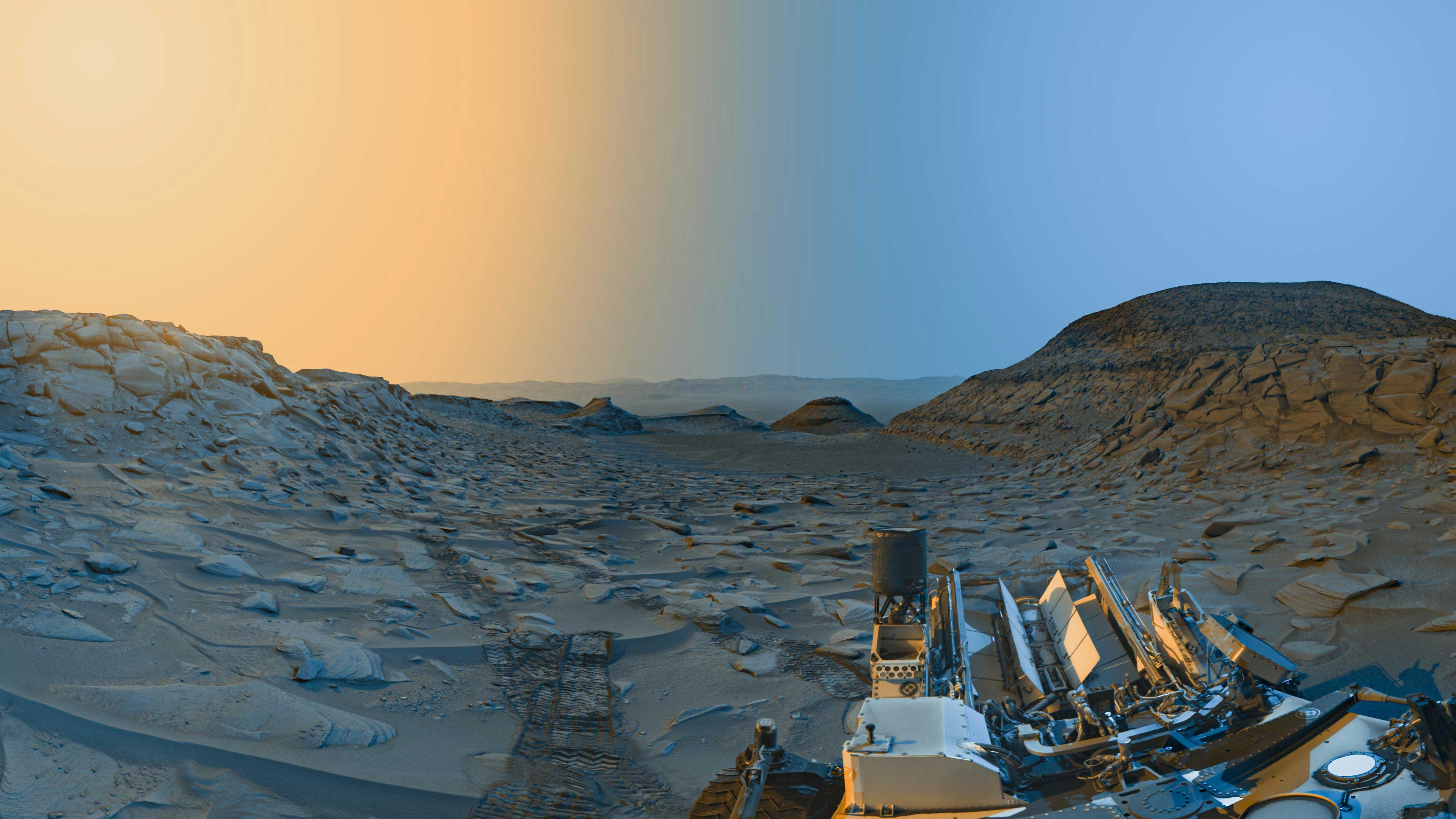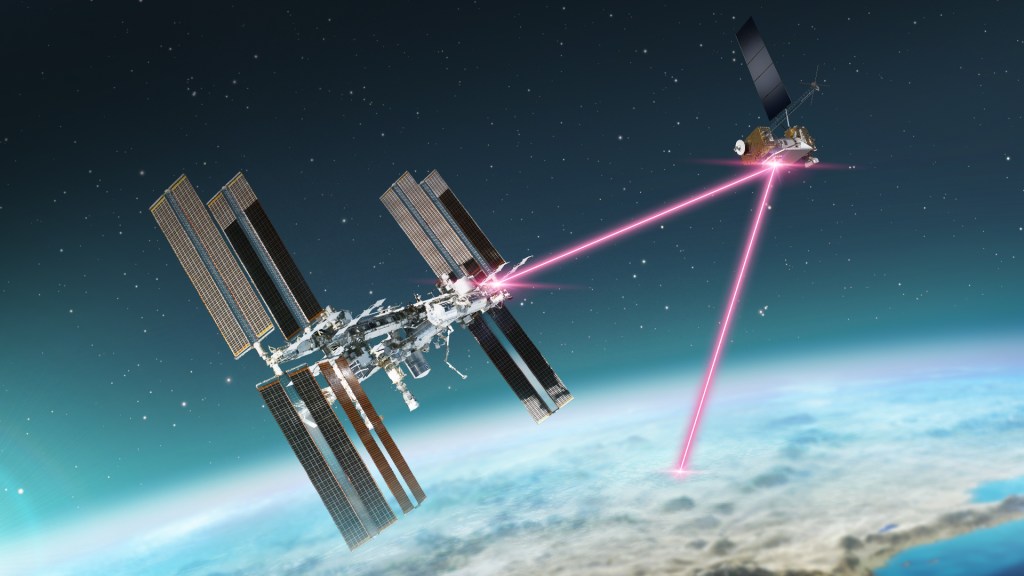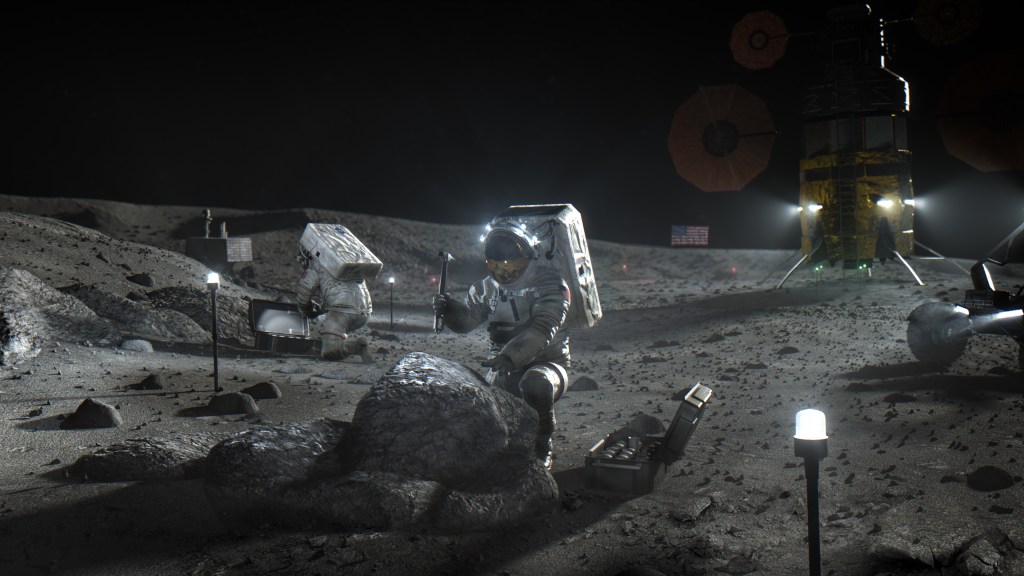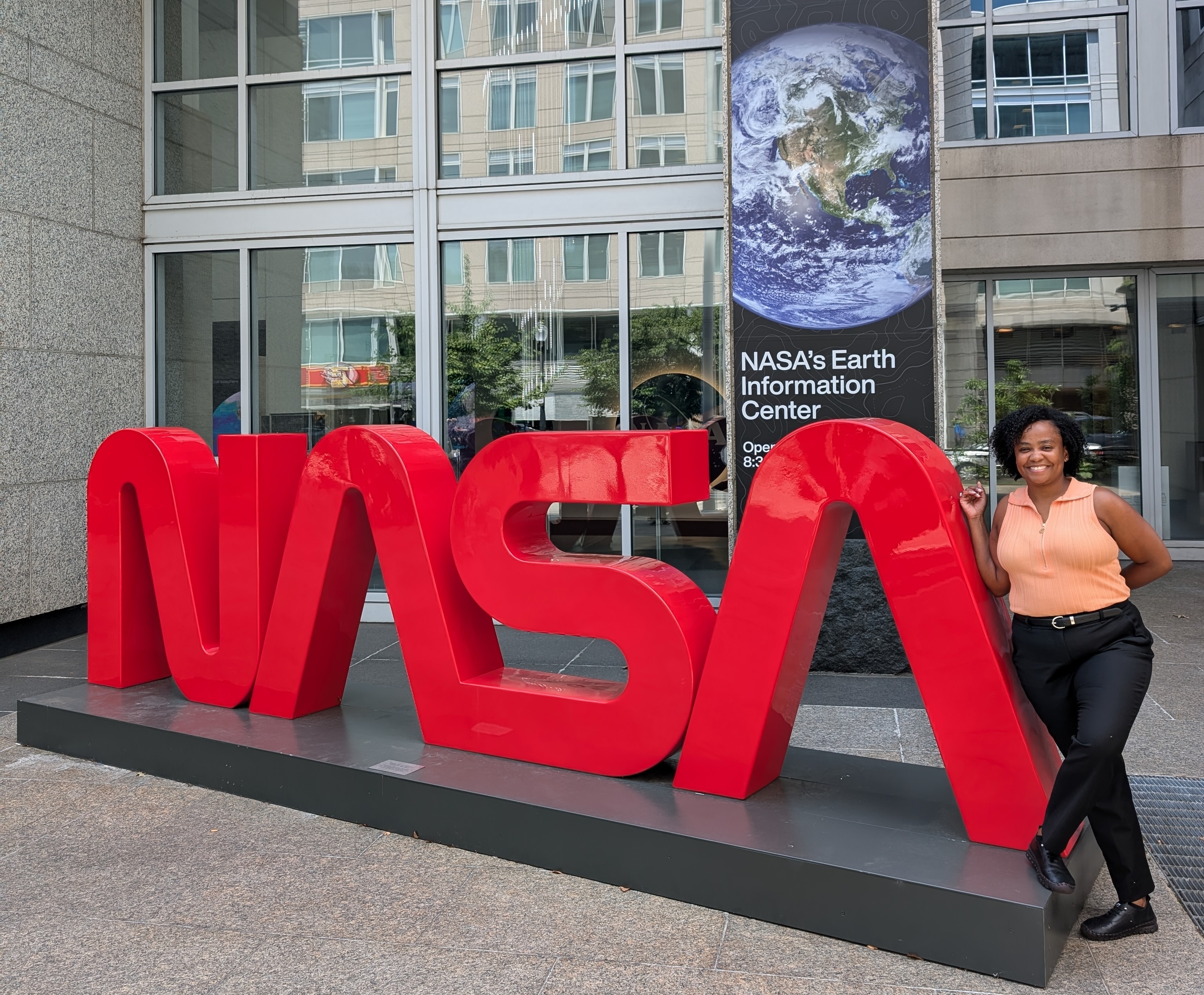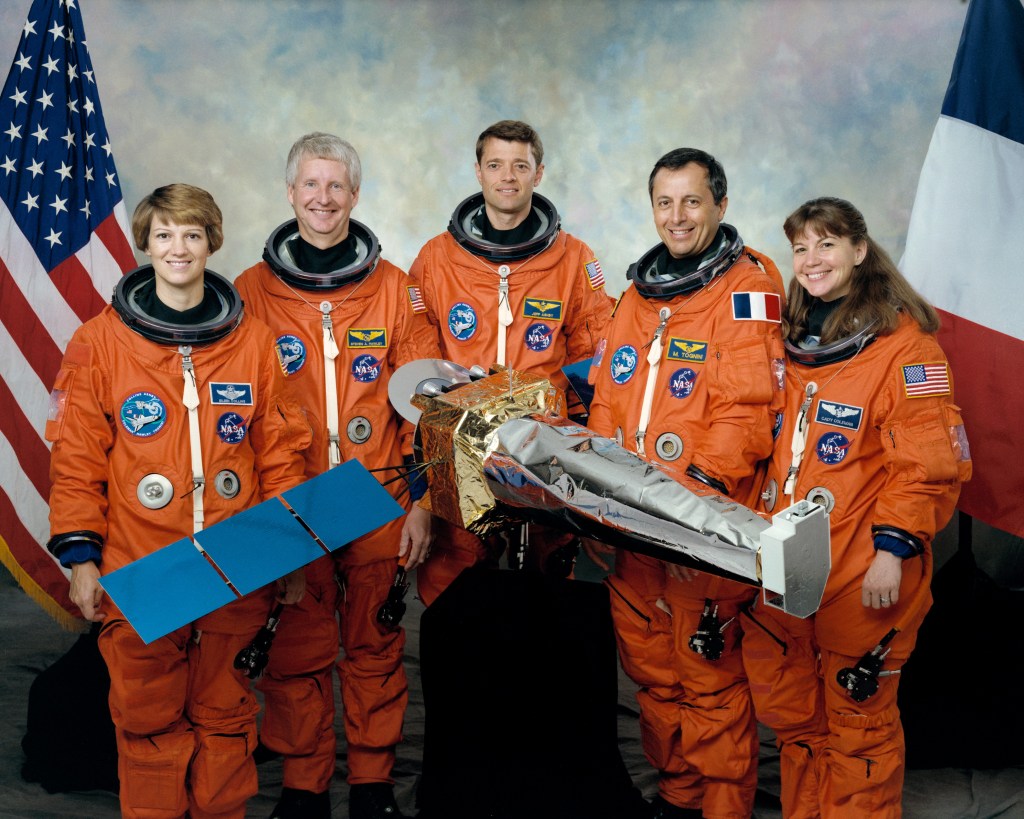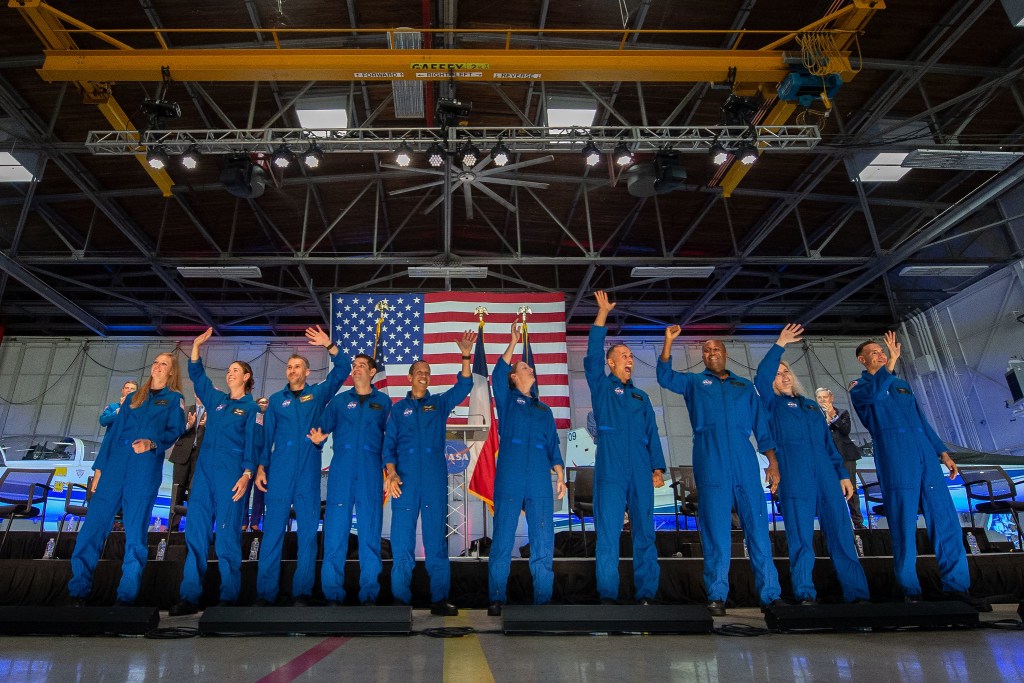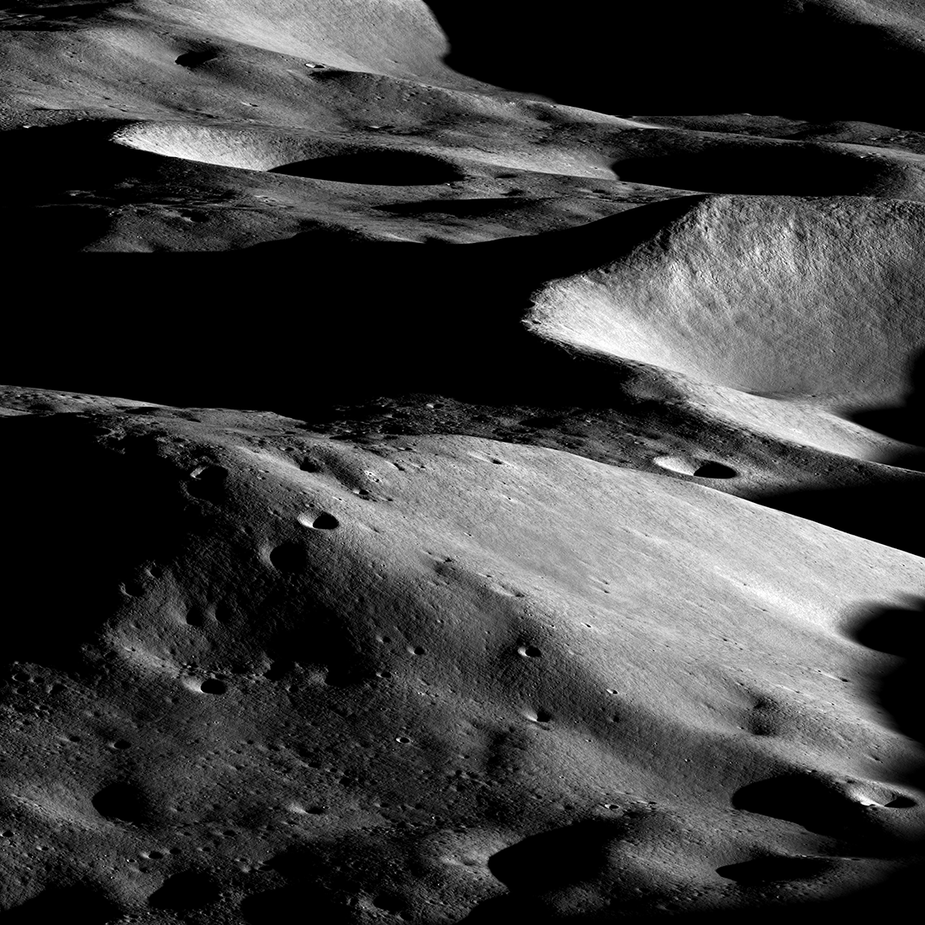
NASA’s Artemis missions have far-reaching scientific and exploratory goals, and a new report seeks to foster discussion about how the agency can make such dramatic progress in a way that takes ethical and societal considerations into account.
NASA will set precedents for decades to come as it implements Artemis activities, including landing the first woman and first person of color on the Moon, establishing a long-term, sustainable lunar presence to explore more of the lunar surface than ever before, and preparing for future astronaut missions to Mars.
Given the significance of Artemis missions, NASA’s Office of Technology, Policy, and Strategy, set out to begin conversations to develop a framework for how the agency and its partners can consider societal and ethical implications to inform future work.
“Artemis represents the future of how humanity will explore and even live in space,” said Ellen Gertsen, NASA acting associate administrator for technology, policy, and strategy. “As we plan for upcoming missions, we have the opportunity make sure they reflect NASA’s core value of inclusion and bring in new voices, ensuring we have a truly global, representative alliance as we explore deep space for the benefit of all.”
The new report summarizes findings from a workshop the Office of Technology, Policy, and Strategy held in April that included experts from fields spanning social science, humanities, science and engineering. Participants engaged in sessions on key ethical challenges of spaceflight and how ethical, legal, and societal implications were handled by other scientific endeavors with potentially profound societal effects.
“We invited these people to get interdisciplinary perspectives about the ethical and societal considerations of Artemis, and we asked them to share possible options for addressing them,” said Zachary Pirtle, senior policy analyst in the Office of Technology, Policy, and Strategy. “By understanding these considerations now, NASA can avoid unintended consequences – and achieve greater benefits – as Artemis progresses.”
Key issues discussed at the workshop included:
- Sharing the benefits of space activities
- Reflecting on core values for exploration
- Defining sustainability for activities on the Moon and considering the environmental impacts of space activities on Earth
- Shared access to key sites on the Moon
- Addressing cultural sensitivities surrounding payloads and activities on the Moon
The Office of Technology, Policy, and Strategy plans to discuss these and other topics, as well as potential next steps, at upcoming scientific conferences.
Artemis, Ethics and Society: Synthesis from a Workshop (PDF)


